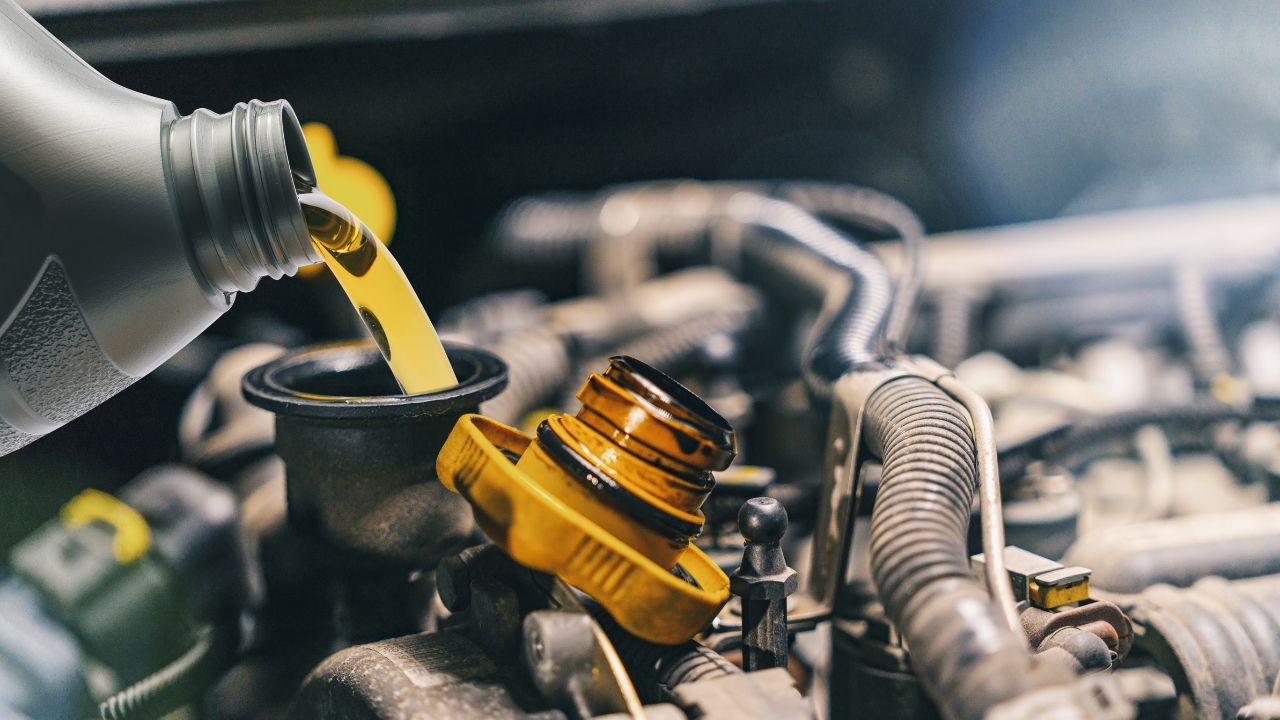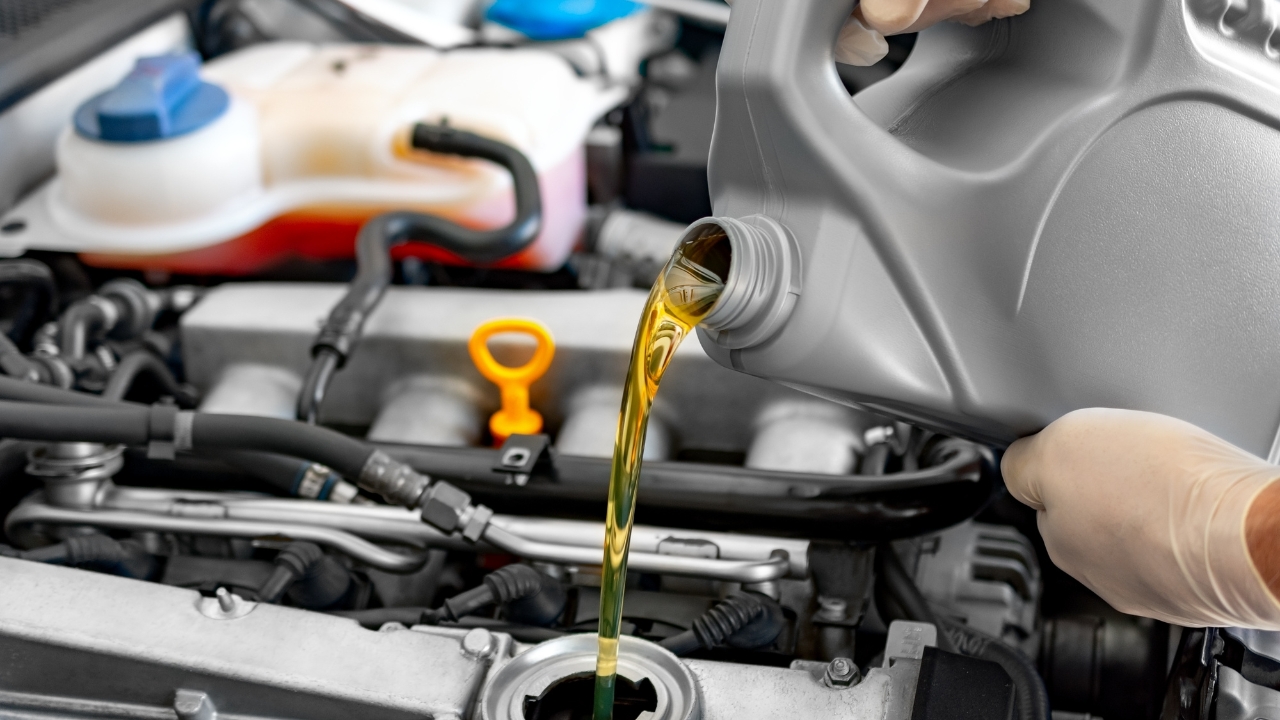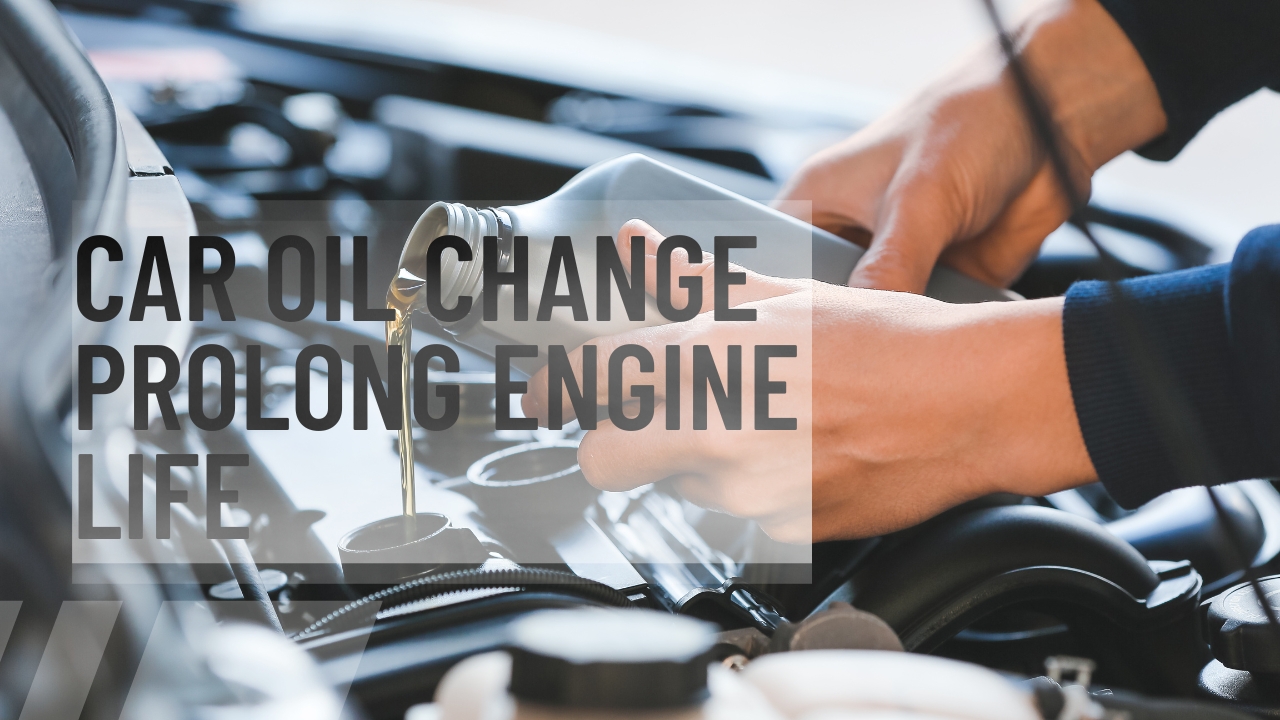If you’re a car owner, you know how important it is to keep your engine running smoothly. One of the most crucial maintenance tasks you can perform for your vehicle is regular oil changes. But have you ever wondered why changing your car’s oil is so important?
In this blog, we’ll talk about how a simple oil change can significantly prolong the life of your car engine.
Basics of Engine Lubrication
Before we delve into the benefits of regular oil changes, let’s first understand the role of engine oil. Your car’s engine is a complex machine with many moving parts. As these parts rub against each other during operation, friction is generated, leading to wear and tear. Engine oil acts as a lubricant, reducing friction and minimizing the damage caused by metal-to-metal contact.
Oil Breakdown and Contamination
Over time, engine oil breaks down and becomes contaminated. High operating temperatures, exposure to combustion by-products, and the accumulation of dirt and debris can all degrade the oil’s effectiveness. When oil deteriorates, it loses its ability to lubricate properly, leaving your engine vulnerable to excessive wear.
Improved Lubrication with Regular Oil Changes
This is where regular oil changes come into play. By replacing the old, worn-out oil with fresh oil, you restore the lubricating properties necessary for optimal engine performance. Fresh oil forms a protective film between moving parts, reducing friction and minimizing wear. As a result, your engine runs smoother, quieter, and with less strain.
Enhanced Cooling and Heat Dissipation

Engine oil not only lubricates but also helps in heat dissipation. It carries heat away from critical engine components, such as the pistons and cylinders, preventing overheating and potential damage. Over time, however, oil loses its ability to transfer heat effectively due to contamination and breakdown. Regular oil changes ensure that your engine stays adequately cooled, reducing the risk of overheating and extending the life of vital components.
Prevention of Sludge Formation
Another crucial benefit of regular oil changes is the prevention of sludge formation. As oil ages, it can develop sludge, which is a thick, sticky substance that accumulates in the engine. Sludge restricts the flow of oil and hampers lubrication, leading to increased friction and potential damage. By adhering to a regular oil change schedule, you flush out the old oil along with any sludge, keeping your engine clean and free from harmful deposits.
Longevity of Engine Seals and Gaskets
Seals and gaskets play a vital role in keeping engine oil from leaking out and preventing contaminants from entering. Over time, however, heat, pressure, and age can cause seals and gaskets to become brittle and develop cracks or leaks.
Regular oil changes help maintain proper lubrication, which in turn keeps seals and gaskets in better condition. By preventing oil leaks and reducing the chance of contaminants infiltrating the engine, you safeguard critical components and promote a longer engine life.
Quick Read: What Happens If You Don’t Change Car Oil
Fuel Efficiency and Engine Performance
Believe it or not, regular oil changes can also contribute to improved fuel efficiency and overall engine performance. When oil is fresh and clean, it flows more smoothly and efficiently, reducing friction and maximizing power delivery. With reduced friction, your engine doesn’t have to work as hard to perform, resulting in better fuel economy.
Additionally, clean oil keeps engine parts in optimal condition, ensuring that your car delivers the performance you expect.
The Importance of Following Manufacturer Recommendations

It’s worth noting that following your vehicle manufacturer’s recommended oil change intervals is crucial. Each car has its own specifications and requirements, and adhering to them ensures that you’re using the right type of oil and changing it at the appropriate time. Consult your car’s owner manual or speak to a trusted mechanic to determine the ideal oil change schedule for your specific vehicle.
Related Article: Best Car Engine Oil In UAE
FAQs
How often should I change my car’s oil?
The frequency of oil changes depends on your vehicle’s make, model, and the type of oil used. It’s best to consult your car’s owner manual or a trusted mechanic for specific recommendations. Generally, the average interval ranges from 3,000 to 5,000 miles or every three to six months.
Can I extend the time between oil changes if I use synthetic oil?
Synthetic oil is known for its longevity and superior performance. It can typically last longer than conventional oil, allowing for extended oil change intervals.
However, it’s essential to follow the manufacturer’s guidelines and recommendations for your specific vehicle and oil type.
Can I change the oil myself, or should I take it to a professional?
Changing the oil yourself is possible if you have the necessary tools, knowledge, and a safe working environment. However, if you’re unsure or uncomfortable with the process, it’s best to leave it to a professional. They have the expertise to perform car oil change correctly and can inspect your vehicle for any other maintenance needs.
Does the type of oil I use affect engine life?
Yes, the type of oil you use can affect engine life. It’s essential to use the oil recommended by your vehicle manufacturer. Different engines require different oil viscosities and additives to ensure proper lubrication and protection. Using the wrong oil can lead to inadequate lubrication, increased wear, and potential engine damage.
Final Words
Regular car oil changes are a small investment that can have a significant impact on your engine’s lifespan. By maintaining proper lubrication, cooling, and cleanliness, you can reduce wear and tear, prevent damage, and optimize performance.
So, don’t overlook the importance of regular oil changes—it’s a simple and effective way to extend the life of your engine and keep your car running smoothly for years to come.





